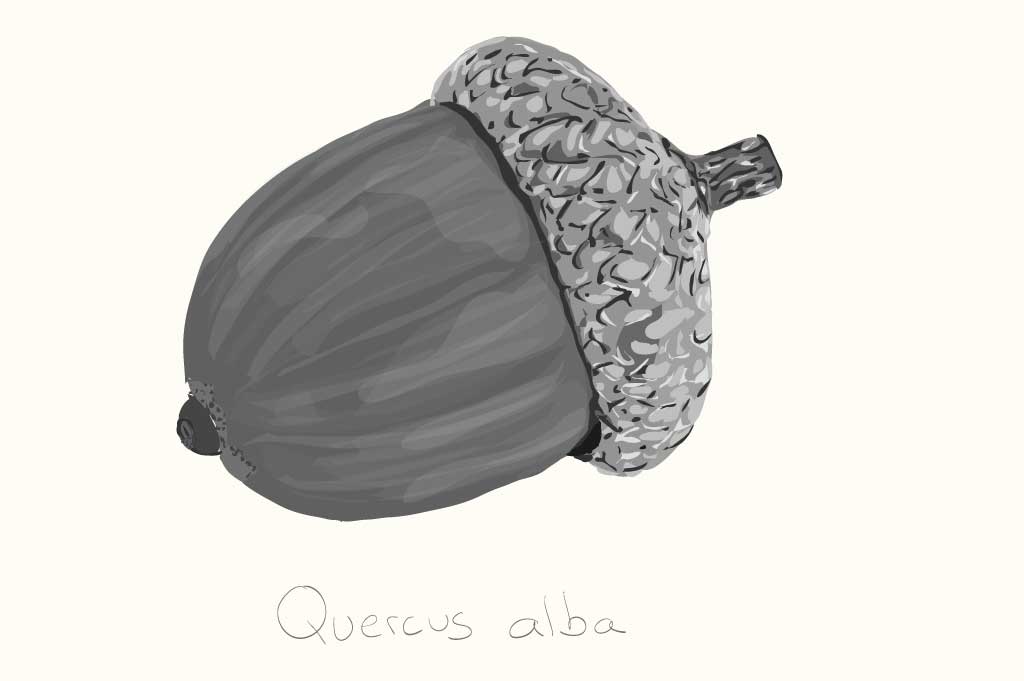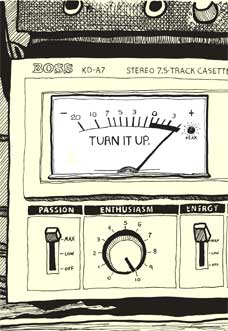From the book “That Ain’t No Deal!” by Charlie Parkerson:
 “Well done is better than well said.”
“Well done is better than well said.”
—Benjamin Franklin
Highly upward people are more likely to DO than to TALK about doing, but they don’t ignore their responsibility to speak up when the time is right. As we have seen in the other “ups,” everything you do shows others what you value and how you think.
Looking up speaks. It says, “I care about you. I am involved and engaged.”
Showing up speaks. It says, “I want to be here. This is the most important place I can be right now.”
Stepping up speaks. It says: “I want to make a difference. I care about the outcome. I am invested.”
Listening up speaks. It says, “I care about the people in my life. I want to understand them.”
You can’t show up late, stare at the floor, lurk in the background and then decide to speak up. “Hey, everybody! Follow me!”
You don’t get to do that, even if you sign the checks and your name is on the sign outside. The previous “ups” are the entrance fee, your ticket to speak. You may have the freedom of speech, but you gotta pay to be heard. You pay by looking up, showing up and stepping up.
Actions are not enough
While actions may speak louder than words, they do not replace them. Words are essential. They are like seeds. They are the carriers of ideas. Words are your tools to express your desires, to influence others and to change the world.
Words are very powerful. They can bring hope and they can inspire, but they can also tear down and destroy. You must learn to use your words wisely.
Is it better to be silent?
Silence is often a sign of wisdom. Consider these proverbs: “Even fools are thought wise if they keep silent, and discerning if they hold their tongues.” “Let every person be quick to hear, slow to speak, slow to anger.” “Whoever guards his mouth preserves his life; he who opens wide his lips comes to ruin.”
When in doubt, keep your mouth shut. But don’t allow discretion to excuse timidity. Show restraint, not fear. Speaking up doesn’t mean being an obnoxious loud-mouth. You shouldn’t babble on like a fool, but you must be ready to speak when the time is right. Leaders aren’t afraid to break the silence.
Call it like you see it
Upward people aren’t bashful about speaking up when they see a problem. I have been famous for saying, “That ain’t no deal.” You have to realize that ignoring bad deals doesn’t help people, and it’s not honest. Saying nothing is like saying, “I approve. I see nothing wrong. Sounds good to me.” If you can’t honestly say that, then you have to speak up.
Others might not want to listen because it makes them uncomfortable or feel bad, but you should care for their long-term good more than you care about their temporary comfort and immediate self-esteem.
It’s important to remember that you can only “call it like you see it” after you have done the other “ups.” Your judgment will only be sound if you have first listened and understood the situation fully. Your opinion will only be valued if you have shown that you care deeply and are committed to helping others. Nobody enjoys a drive-by. It may seem courageous and bold, but it is the opposite. Criticizing on your way out the door is the act of a coward.
Ask questions
“Are there any questions?” If you pay attention, you’ll hear this a lot—at meetings, conferences, schoolrooms and factory tours.
Be ready. Have a question. Hey, you know it’s coming. You took the effort to show up, to listen up, to study up, and maybe even to step up. Don’t miss the opportunity to speak up when the floor is open to questions.
When someone’s speaking, you should be asking yourself the whole time, “What are they leaving out? What assumptions are they making that may not be accurate?” Be curious; don’t just passively take things exactly as they are.
Speak up! Too often, when someone asks, “Are there any questions?” they’re met by a bunch of blank stares and shrugging shoulders.
What? No questions? What’s wrong with you? I’m always full of questions, and you should be too if you want to be a highly upward leader. Not having questions is like saying you don’t really care. Not speaking up is like saying, “I have nothing to add. I don’t really offer any value here.”
Stupid questions
Have you ever heard someone say, “There’s no such thing as a stupid question?” That may be true, but we do hear things that can seem pretty stupid. Things like, “Are you sleeping?” or “What time does the 4:00 show start?” or “What’s Bob’s first name?” Sometimes stupid questions are really just careless questions, and sometimes they are actually really intelligent questions in disguise. Does the 4:00 show start on time or are there ten minutes of previews? What time do the doors close? Is his name really Bob or is it Robert?
I think it’s more accurate to say, “The only stupid question is the one you don’t ask.” Sometimes the things others take for granted are just plain wrong. The simplest observations can be profound.
Galileo wondered if the world might be round instead of flat. People thought he was crazy. Newton pondered why the apple fell from the tree instead of floating up in the air. What a crazy thing to ask!
You don’t have to be a brilliant scientist to ask penetrating questions. You just have to be observant and have the guts to speak up. It doesn’t matter how important you are. It doesn’t matter if you are officially the leader. Remember, it took the innocence of a child to question the obvious, “Why is the Emperor not wearing any clothes?”
Benefit others
Others benefit when you ask questions. It’s obvious to see. They’re standing there just numbly taking the world at face value. The tour guide in your group asks, “Are there any questions?” and they stare blankly. They blink. “Questions? Huh? What are we talking about? How could the world be any different than what you just said?”
These people need to be shaken awake. They need someone to speak up and ask something, anything, so that they can start to use their brains again. Their brains are good, when they use them. Good questions spark great conversations.
The most important reason to speak up
Why do you want to speak up? If all you wanna do is share your brilliant opinions with the world, take a number. It ain’t all about you.
The most important time to speak up is not when you’ll be popular or celebrated for it. “Oh, he’s so smart!” It’s not when you’ll get your way or somehow benefit or profit from influencing others. Speak up when others are in need, when the powerless suffer an injustice, when the marginalized and forgotten are without an advocate.
There is no greater way to use your freedom of speech than to speak up for others who cannot speak for themselves.
Build ’em up
When speaking up, watch what you say and how you say it. Don’t be abusive; don’t be a bully.
Compliment at least as much as you criticize. Don’t be stingy with your praise. And never miss a chance to say, “I love you.”














 Comatose Beauty
Comatose Beauty She’s been lying to you. She’s not who she appears to be. How well do you really know her?
She’s been lying to you. She’s not who she appears to be. How well do you really know her?
 I was probably about seven or eight years old. My father stood at the door of a greenhouse full of Ilex. He stared straight ahead and asked me, “What color do you see?”
I was probably about seven or eight years old. My father stood at the door of a greenhouse full of Ilex. He stared straight ahead and asked me, “What color do you see?” Can you control the energy level in your business or organization? Wouldn’t it be nice if you could just dial up the passion and enthusiasm? Well, guess what? You can. Okay, maybe you don’t have direct control over every other person on your team, but you do have total control over yourself. You can decide how much energy you bring with you to work every single day.
Can you control the energy level in your business or organization? Wouldn’t it be nice if you could just dial up the passion and enthusiasm? Well, guess what? You can. Okay, maybe you don’t have direct control over every other person on your team, but you do have total control over yourself. You can decide how much energy you bring with you to work every single day.